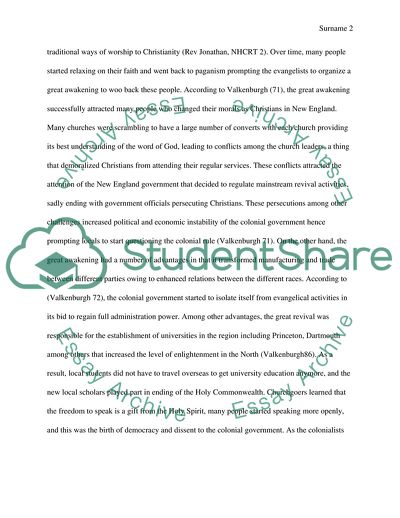Cite this document
(The American Revolution Report Example | Topics and Well Written Essays - 2500 words, n.d.)
The American Revolution Report Example | Topics and Well Written Essays - 2500 words. https://studentshare.org/history/1859349-american-revolution-land-history-of-american-people
The American Revolution Report Example | Topics and Well Written Essays - 2500 words. https://studentshare.org/history/1859349-american-revolution-land-history-of-american-people
(The American Revolution Report Example | Topics and Well Written Essays - 2500 Words)
The American Revolution Report Example | Topics and Well Written Essays - 2500 Words. https://studentshare.org/history/1859349-american-revolution-land-history-of-american-people.
The American Revolution Report Example | Topics and Well Written Essays - 2500 Words. https://studentshare.org/history/1859349-american-revolution-land-history-of-american-people.
“The American Revolution Report Example | Topics and Well Written Essays - 2500 Words”. https://studentshare.org/history/1859349-american-revolution-land-history-of-american-people.


